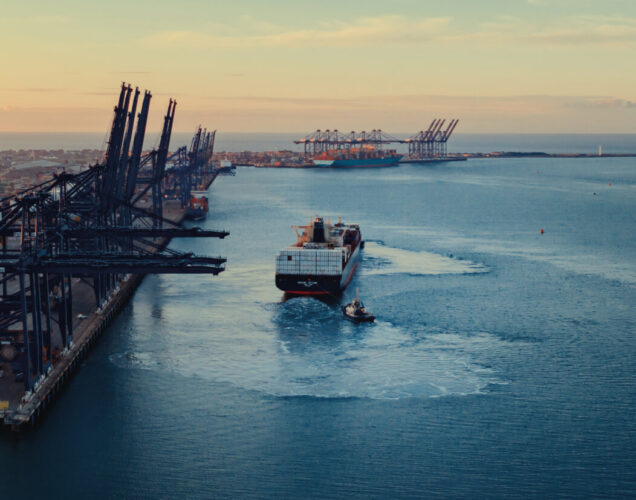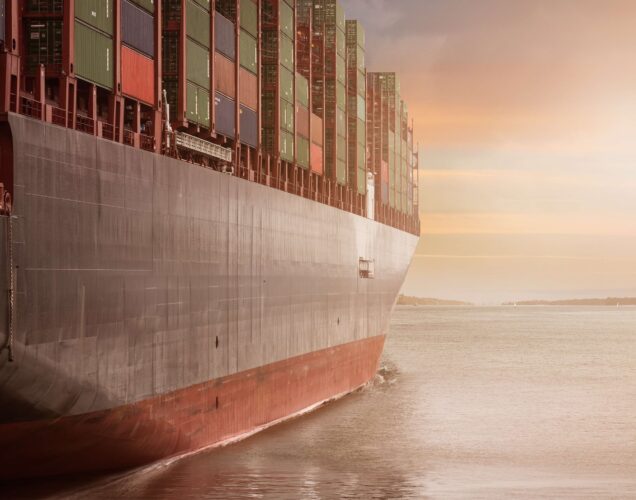When Transport for London first announced the introduction of an Ultra Low Emission Zone (ULEZ) around Central London, the extra financial burden on HGV drivers wasn’t exactly welcome news.
However, just under two months into the scheme, the repercussions for the city have already proven to be substantial. We take a look at the effects the ULEZ is already having and what it means for the future of the transport industry.
What is the ULEZ?
An Ultra Low Emission Zone is an area where any fossil fuel-powered vehicles that don’t meet specified emissions standards will be charged to enter.
The capital’s ULEZ, the world’s first, came into effect on April 8th 2019 and encompasses most of Central London. It has stricter emissions standards than the existing Low Emission Zone already in effect throughout most of Greater London.
Hybrid, electric, petrol, or diesel-fuelled vehicles that meet the required emissions standard are exempt (you can find the full list of standards on the TfL ULEZ site). Any vehicles that don’t meet these standards are subject to a daily fee of £12.50 for vehicles under 3.5 tonnes and £100 for HGVs above 3.5 tonnes, or buses and coaches over 5 tonnes.
The ULEZ charge will be applied on top of the Congestion Charge and, unlike the Congestion Charge, is in effect 24 hours a day, every day of the year.
What Are the Effects So Far?
According to early reports, the ULEZ has had an almost immediate effect on pollution in Central London. 9,400 fewer polluting vehicles were found to have entered the area in comparison to previous months, with 36,000 fewer than recorded at the same time in 2017.
Nearly three quarters of all vehicles entering the ULEZ in April were also found to be compliant with emissions standards, in comparison to just 61% in March.
Of the remaining, non-compatible entries (just over 32,000 vehicles),12,000 were exempt from fees (e.g. black cabs) and only 3,000 non-compatible cars were found to have avoided the charge. Those who attempted non-payment have been issued with warnings.
The Impact on Logistics
The hefty £100/day charge for HGVs entering Central London has obviously put pressure on the industry. The extra fees have to be added to each job in the city and transport companies will need to find a way to mitigate these costs.
However, many industry leaders are embracing the changes and using them as motivation to innovate and improve their own services. Construction and engineering company Murphy has recently announced the addition of 20 hybrid vehicles to its fleet. Exempt from the new ULEZ charge, the tippers are also expected to save the company money on running costs.
The Future of HGVs in the City
If transport companies wish to continue operating in London, this kind of innovation seems unavoidable — especially as emissions standards become stricter and LEZs roll out nationwide.
The ULEZ is already pegged to expand to both the North and South Circulars by 2021, while Heathrow Airport will get its own ULEZ for any private vehicles entering car parks or pick up/drop off areas from 2022.
Fortunately, the technology necessary to meet emissions standards is being made more available and more affordable. Innovative trucks like the new Tesla Semi provide a clean, eco-friendly alternative while also boasting half the running costs of diesel vehicles.
While any upgrades do require substantial investment in the short term, the long-term benefits are undeniable. Air pollution is fast becoming a modern-day crisis, and companies should be proud to be at the forefront of change that is beneficial to both the industry and the environment.
At Hemisphere we are fully committed to lowering our carbon footprint and have recently acquired three new Euro 6 trucks, all of which can travel freely through the ULEZ. This means we don’t need to pass any additional costs on to customers whose goods need to be transported into or through central London.
Please get in touch if you wish to discuss your road haulage needs, or take a look at our blog for the latest news and industry updates.






